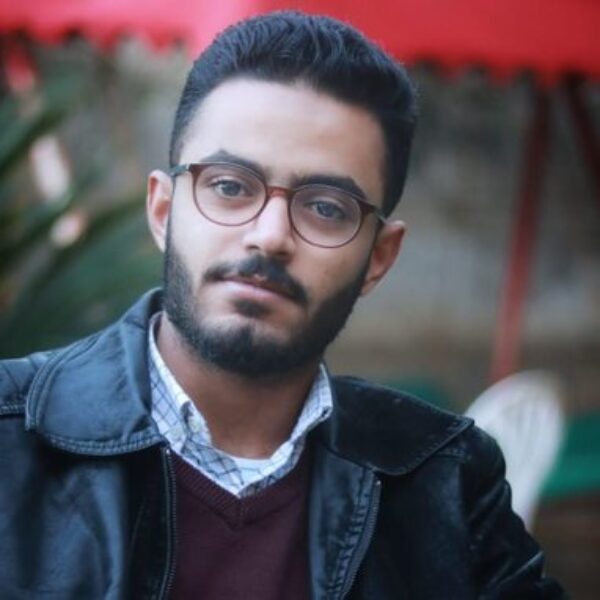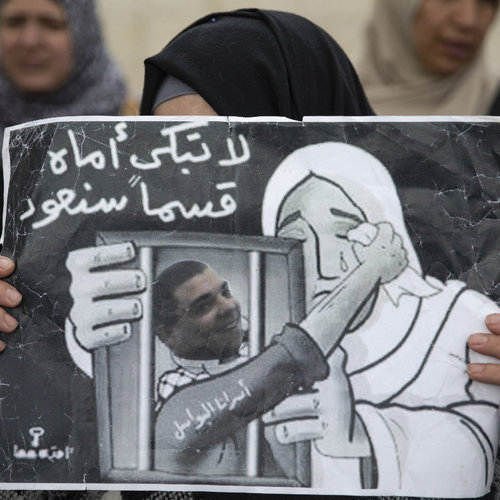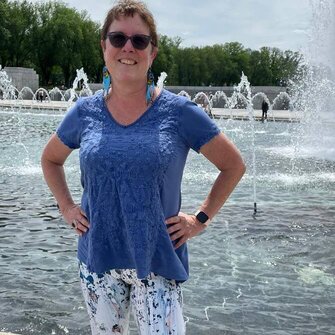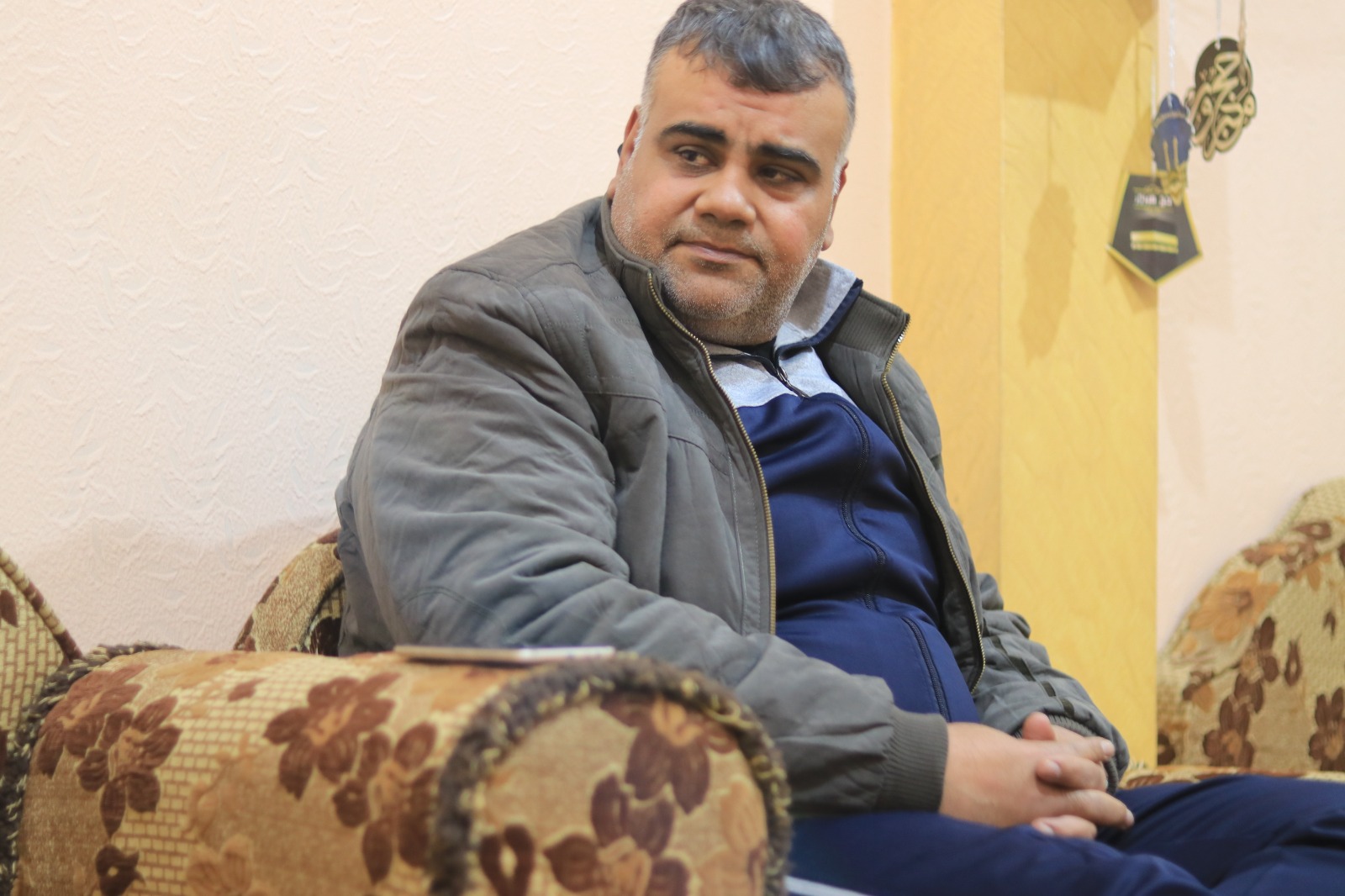
Alaa Abu Jazar, now 44, met his daughter, Jumana, for the first time when he returned home after spending 17 years in Israeli jails.
Jumana, who is nearing her 20th birthday, grew up without either of her parents, since her mother died of hepatitis a year after her father was captured—when Jumana was just 3. This is their story.
In January 2003, on his way home to Gaza after taking his father to Egypt for treatment, Alaa was detained by Israeli soldiers, who at that time manned Rafah crossing. [Alaa does not wish to provide details of the charges.] “The last words my father said before I was dragged off to Ashkelon Prison was ‘Alaa, bring me Alaa. Don’t take my son!’” he recalls.
Alaa was interrogated by three Israeli agents for 40 days, during which his hands and feet were tied to a chair. “They were bent on humiliating me,” he remembers. “My first session lasted for 72 hours nonstop. One of the detectives spat in my face and insulted me. Another one played the ‘good cop.’ Still, he kicked me as he left the cell, slamming the door shut.”
After a year and a half of shuttling back and forth between jail and the Israeli courts, Alaa was finally sentenced to 17 years and sent to Nafha Prison. But he was thankful to his lawyer, Fathi Aquila, that it wasn’t longer.
Alaa’s father, who was 73 at the time, blamed himself for the circumstances of his son’s arrest, and his health rapidly deteriorated. He died after two months in an intensive care unit. “After they took away his son, the Israelis denied him a permit to travel for treatment again. They took away my husband, too,” says Alaa's mother, Mariam.
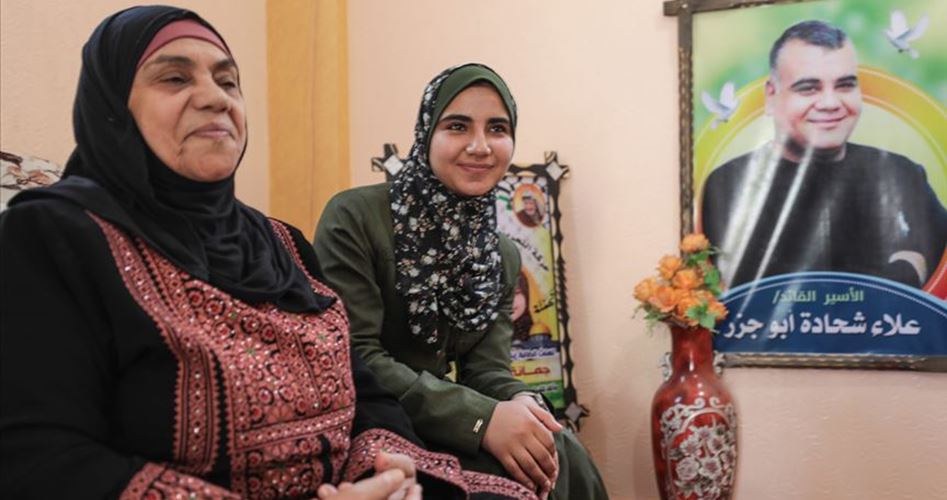
But more pain was to come. Alaa's wife, Reem, died just a couple of months later, when she was just 20. “My heart bled,” recalls Alaa, the gnawing pain still fresh today. “It was as if life had conspired to assure Jumana would grow up alone.”
Jumana believed at first that her grandmother was her mother. But when she was 5 years old, Mariam taught the girl to write her full name, Jumana Alaa Abu Jazar. “Jumana was bewildered; how could I be her mother and father’s mother at the same time? Then she cried, asking where her real mother was. That was when I came clean.”
Jumana began been practicing say the word “baba” (dad), in preparation for her father’s long-awaited return. She called her uncle Ayman baba until he was killed by the Israelis during the 2009 war on Gaza. Still, she always knew the word would have a different resonance when she could finally say it to her actual father.
“I loved uncle Ayman as if he was my real father, and he spared no effort to play that role,” Jumana says. “But when the Israelis took him too, I stopped saying dad. My grandmother did everything she could to be both the mom and dad I never had. But all I ever wanted was to say and feel the word dad just like everyone else.”
Trying to make it up to Jumana, Mariam always bought Jumana some of the finest clothes and sent her to the best schools. “I didn’t want her parents' absence to affect her self-confidence,” Mariam says. 'Whenever Jumana asked why she was different from other girls her age, I told her it was because she is more Palestinian, which Jumana found appealing. She is very proud of her heritage.”
Jumana excelled in school, becoming valedictorian of her graduating classes. Every year, she was featured at the ceremony held to celebrate honor students. “I could see the proud looks on the faces of my mates' parents. I longed for my mother and father to be there,” she recalls. “These moments were supposed to be my most memorable, and they were—but there was always something missing. My grandmother was always there, proud yet upset at the same time.” Today, Jumana is a first-year dentistry student.
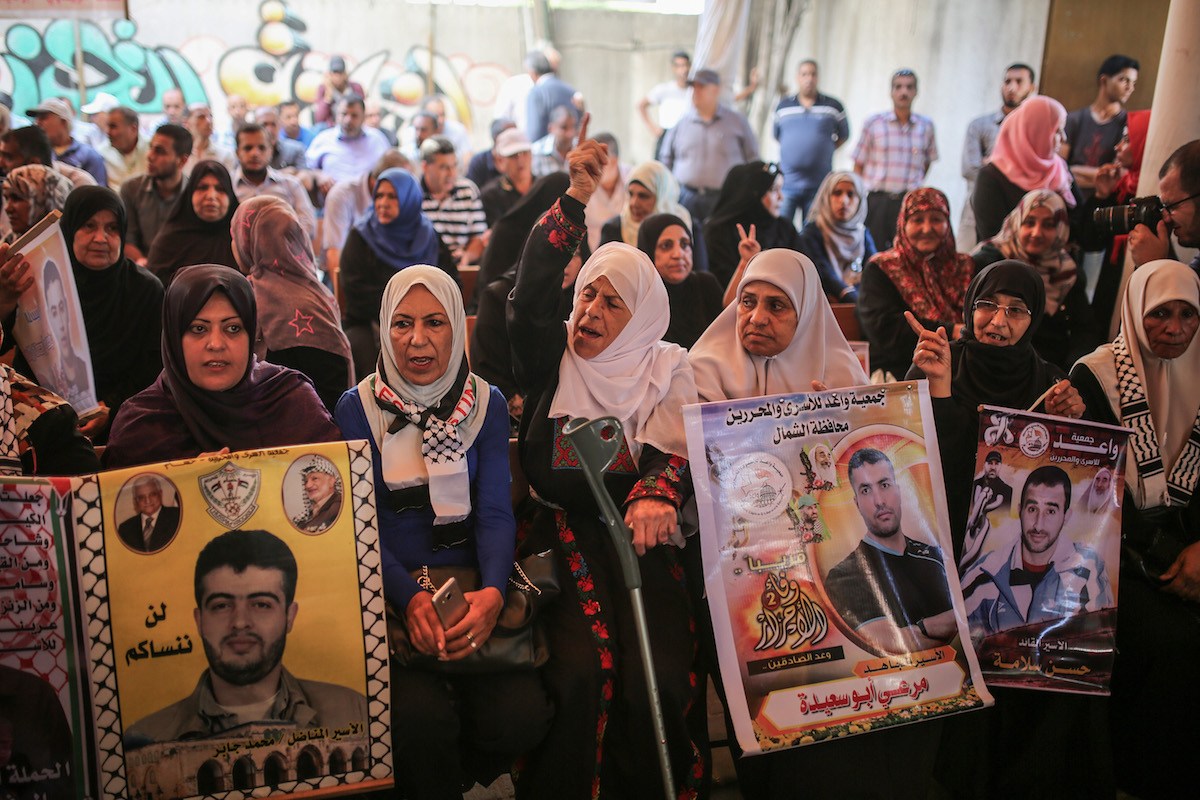
Mariam applied for a permit to visit Alaa in his Israei prison every couple of weeks at the International Committee of the Red Cross office. However, they received it only a couple of times. The first time was in 2006.
“Never in my life will I forget how Alaa and Jumana reached through the fence to kiss and touch,” recalls Mariam, now 81, her creased face a reflection of the pain of being separated from three sons. Alaa's elder brother, Emad, has lived in exile in the West Bank for 20 years.
They were not allowed to travel again until 2013. Mariam carried Jumana all the way to Nafha Prison. But they didn’t see Alaa. After they waited 15 hours, the Israelis called off the visit. Jumana burst into tears. Although they were allowed to see their relatives, other families refused to do so in solidarity with Jumana and Mariam.
They were not given another permit ever again.
On January 14, Alaa was supposed finally be released. By tradition, Palestinian prisoners are welcomed back with tents and a slaughtered lamb, an Arab way of celebrating freedom. Instead, Mariam received a call from an Israeli officer, saying, “Slaughter the lamb you brought to welcome Alaa and feed it to your children. But take down the tent because we are not letting go of Alaa.”
Those words pierced her heart. “I had been counting the days ever since the Israeli judgment was made in 2004. Jumana has lived for this day,” Mariam says.
They later learned that the Israeli court had accused Alaa of involvement in a prison riot. “I thought I was going to rot there my entire life,” says Alaa. “I cannot deny that I led many civil disobediences at Nafha Prison, but I had no part in that.”
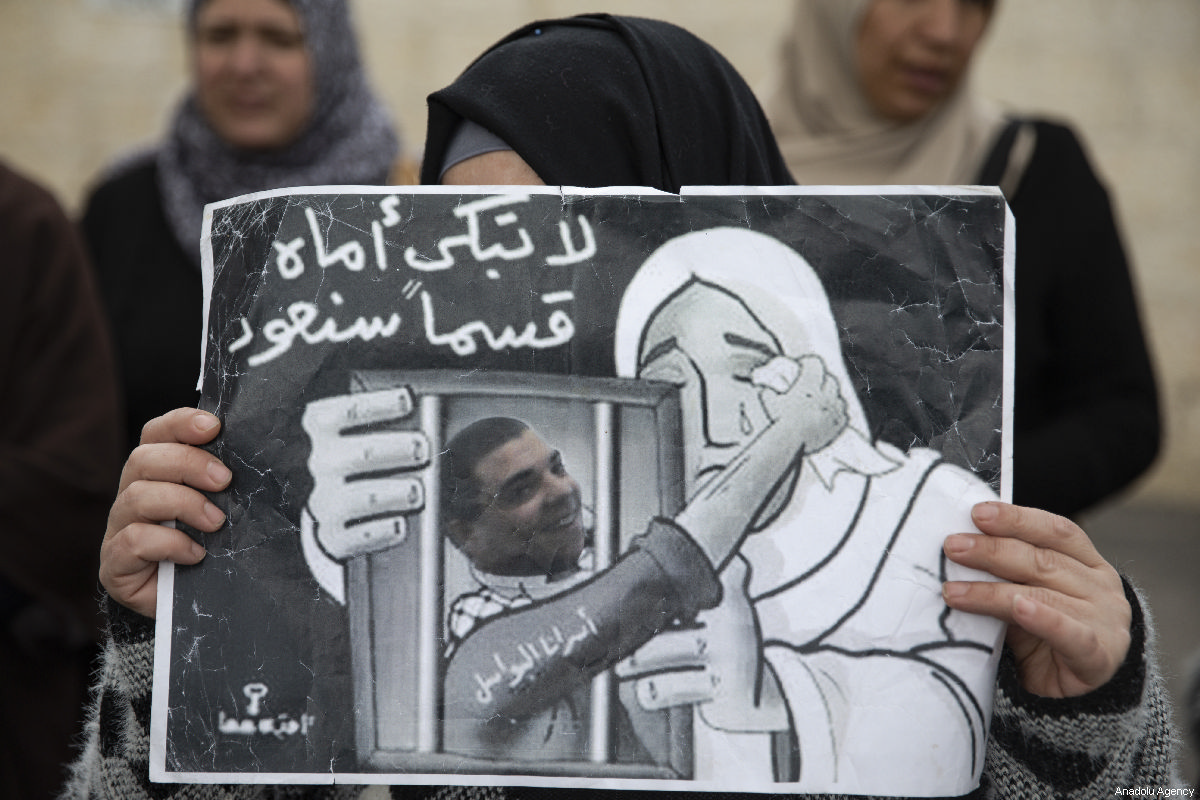
Indeed, Alaa served as representative for all the prisoners in Nafha, landing him in solitary several times. Alaa also participated in many hunger strikes, meant to secure their rights as prisoners. “Each I time I did, they put me in a dark cell for a week with a bottle to use as a toilet. Some of the strikes lasted 29 days. Other prisoners made it to 200.”
Fortunately, Alaa's lawyer proved the Israeli court wrong and he was released January 15. Wanting to spend as much time as he can with Jumana, Alaa has made it a morning habit to walking Jumana to university, hand in hand.
“Seeing her bouncing as she walks makes up for all of the I years I spent away from her,” Alaa says.
Jumana takes every chance to say the word baba ever since he arrived home. “I overhear her whispering baba even when she is not actually calling for Alaa. I haven’t seen her happier,” says Mariam, looking even happier than Jumana.
But Alaa is torn. He built up many friendships over those 17 years in jail, creating a second family for him. “Part of me is ecstatic that I am finally free. The other half aches for my friends who are still locked in. International organizations haven’t done much for us. These people have to be freed. I have gotten my physical freedom, but it is not over yet. Can anyone be fully free when everyone else isn't?”
At the end of April 2020, there were 4,331 Palestinians being held in Israeli prisons, including 274 from the Gaza Strip.

